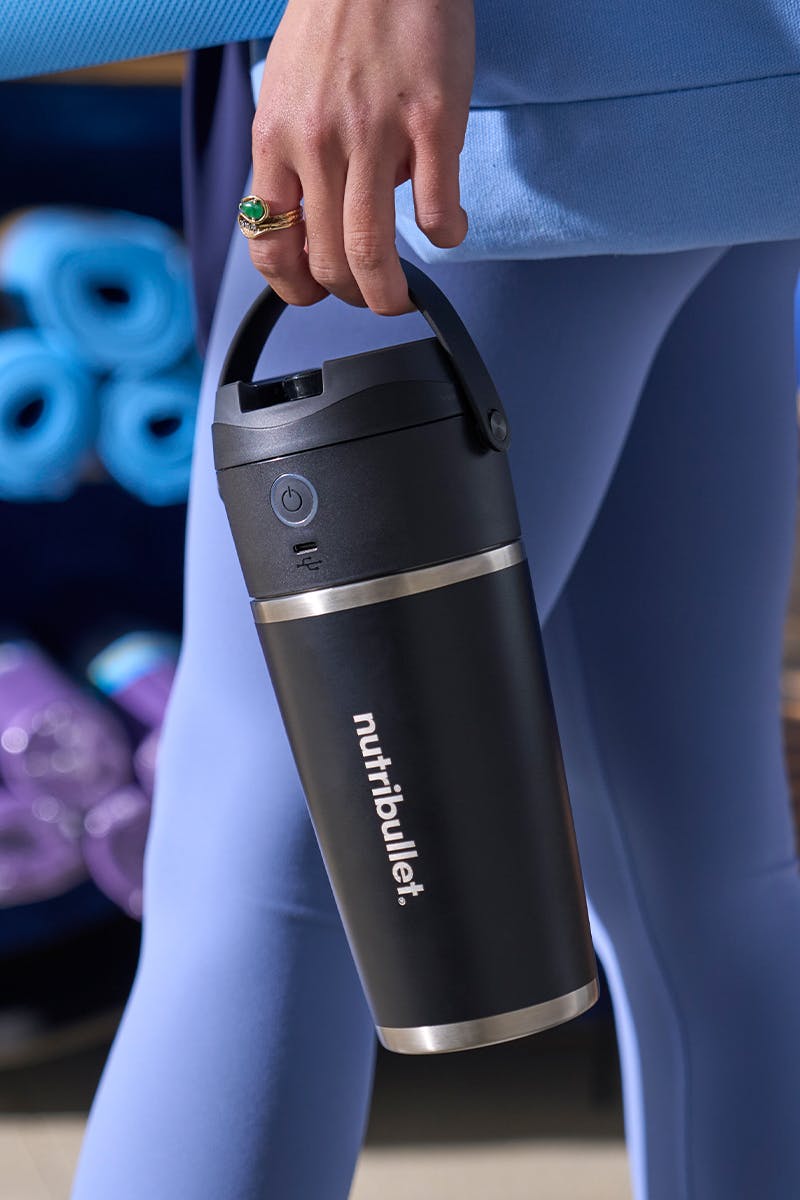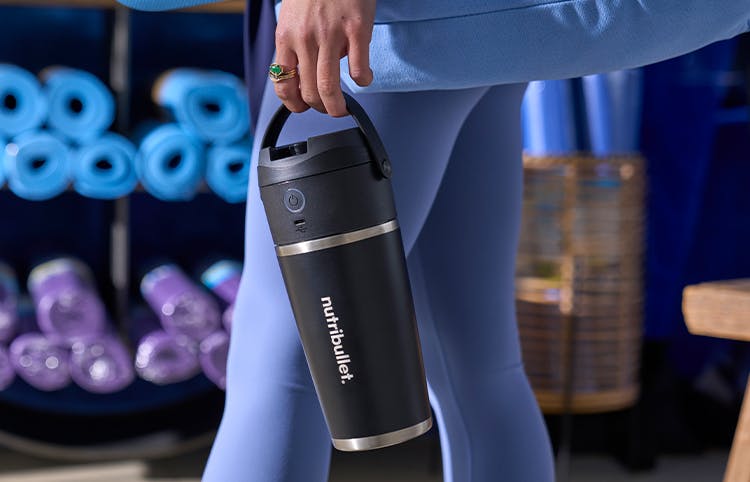Sustaining High Performance
If there’s one quality that we seek for our organizations and ourselves, it’s sustained high performance in the face of ever-increasing stress and rapid change. Performance is a broad term encompassing focus, motivation, mental stamina, energy, and the ability to achieve business targets. However, the source of such performance is as elusive as the Fountain of Youth. And even when it’s in our grasps, the real challenge is sustaining it. The constant expectations, demands, and deadlines lead us to depletion and exhaustion. One global study of 90,000 employees across 18 countries revealed that only one of every five employees feels energized and engaged at work. Over 60 percent of us feel stressed, depleted, and fatigued. At least 100 studies have corroborated these findings on business performance – so where have we gone so wrong?
It’s Not Working
The answer, according to Tony Schwartz in The Way We’re Working isn’t Working, is rooted in “the false assumption that we operate best in the same linear way that our computers do: continuously, at high speeds, for long periods of time, running multiple programs at the same time.” It’s just unsustainable. When the demands at work exceed our capacity, we switch into survival mode, as if we’re in immediate danger, burning out from the extremely high levels of circulating stress hormones. We urgently need a new performance paradigm. This entails a total change of mindset. We need to give up the ‘marathon- man’ method of slogging away for endless uninterrupted hours. By assuming the mentality of a sprinter, who engages intensely in short bursts followed by sufficient recovery time, we can achieve superior performance.
Human beings are not linear – we’re designed to pulse. This means we function in a wavelike manner with peaks and troughs. Every aspect of our bodies and brains goes through repetitive cycles of contraction and expansion. It’s impossible to sustain 8-10 hours of continuous output. Stress itself is not the enemy; it can actually drive and motivate us. It’s the lack of recovery that wears us down. We’re most productive when we move between expending and intermittently renewing our energy. Very short intervals of effective energy renewal are vital during the workdays, with longer periods of recovery outside of work.
The New Performance Paradigm
- Manage energy rather than time.
- Life is not a marathon, but rather a series of sprints.
- Downtime is not wasted time, but rather productive time.
- Stress is not the enemy. Engage in positive stress.
- Strategic recovery is essential.
Here are 8 powerful yet simple ways to defuse your stress, enhance your energy, and boost your performance:
- First things first.
Do your most challenging and important tasks as soon as possible after you wake up, when you have the most energy. “One of the saddest mistakes in time management is the propensity of people to spend the two most productive hours of their day on things that don’t require high brain focus (such as social media),” explains Dan Ariely, a professor of behavioral economics at Duke University. “If we could salvage those precious hours, most of us would be much more successful in accomplishing major tasks.” Also, do the toughest tasks first. If you get your biggest and ugliest task out of the way, the rest of the day will be massively productive.
- Manage energy rather than time.
Time is finite, but energy can be expanded and regularly renewed. Energy is the fundamental currency of high performance, and yet we misuse it. When we eat highly processed, sugar-laden foods and sit at our desks for extended periods of time, we’re depriving our bodies and brains of the nutrients they need for sustained, high quality energy. What you put into your body is what you get out of it, so fill your diet with nutritious superfoods and squeeze in physical activities whenever you can.
- Engage intensely for short intervals.
When you work, stay as focused as possible and then take a break after every 90 uninterrupted minutes to refuel your energy reservoir. You achieve more by working intensely for short periods and then refueling, than you do by working continuously over a long period of time. This approach is effective for the same reason that interval training is efficient when exercising. None of us can operate continuously at peak levels for very long.
- Get stressed.
Stress is not the enemy – it’s the key to growth. We build emotional, spiritual and mental energy in much the same way we build physical capacity. However, when we push ourselves too hard for too long, the excess stress can do more harm than good. It’s similar to lifting weights – the stress gradually builds muscles, but too much stress can cause serious damage. Positive stress is still good for us, especially when we see it as motivation, drive, or passion.
- Recover intermittently.
There’s an antidote for fatigue and its impact on performance and competence – rest! It’s not how long you take off that matters most, but how skillfully you use these very short periods of renewal. Get up from your desk and stretch your muscles by taking a short walk. Deep breathing is the easiest way to recharge your energy and it can dramatically lower your heart rate, blood pressure, and muscle tension in as little as 30 seconds! Practicing mindfulness and meditating can help defuse stress, strengthen neural connections, oxygenate the brain, and enhance powerful brain neurotransmitters.
- Power up with a smoothie!
Your brain requires a good source of energy. Cookies and other sweets cause spikes in sugar and deep troughs of energy depletion, wreaking havoc on your concentration and mood. And a standard meal can only provide three hours’ worth of brain fuel. Make yourself a NutriBlast smoothie filled with the most nourishing superfoods that provide your brain and body with sustainable energy throughout the day.
- Interval training.
Exercise is essential for reaching high-performance levels in demanding jobs. Any type of exercise that you do is beneficial. In recent years, High Intensity Interval Training (HIIT) has been shown to significantly enhance work performance and energy sustainability. Research in the field of neuroscience found that exercise in general – HIIT in particular – enhances mental acuity, memory and cognitive ability. A training schedule that combines cardio, such as brisk walking, jogging, swimming, or cycling, as well as strength and flexibility training is ideal. The FIT principle is a valuable guide:
- Frequency – at least 3 times a week
- Intensity – moderate intensity
- Time – for at least 30 to 40 minutes
- Consider a power nap.
Although this is near impossible for most office workers, a short power nap for 10 to 15 minutes is an undeniably powerful tool. If you can take a nap anytime between 1:00 and 4:00 p.m., you’ll get a surge of energy and astonishing productivity for the rest of the afternoon. Although the prevailing work ethic in most companies is that downtime is time wasted, research proves otherwise. Cognitive function, creativity and overall performance levels have been shown to improve dramatically after a short power nap. Few employers sanction naps, but even sitting back in your chair and closing your eyes for a few minutes can be restorative.
We may have resigned ourselves to the fact that stress, fatigue and exhaustion are simply parts of life in the 21st century – but they don’t have to be. The good news is that we can enhance and sustain high quality performance by changing our mindsets and implementing some of these simple and effective strategies.



















